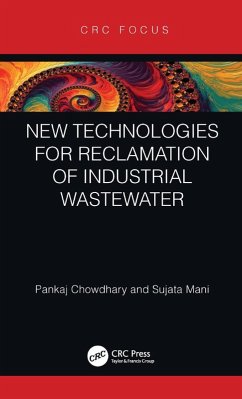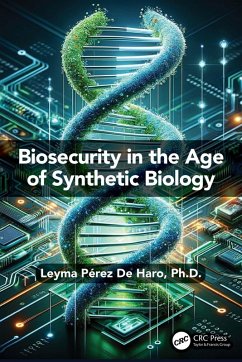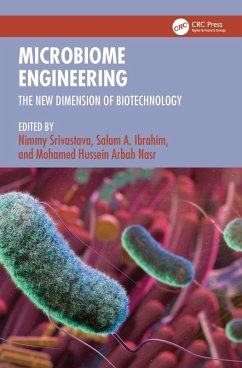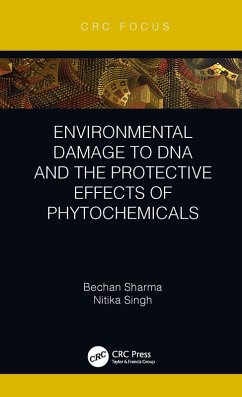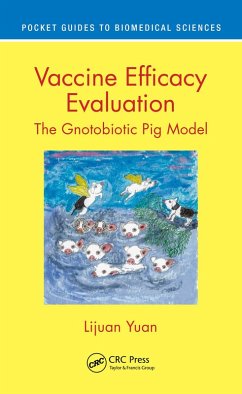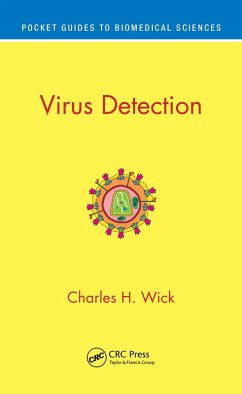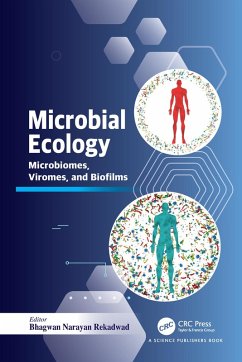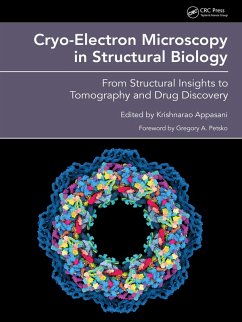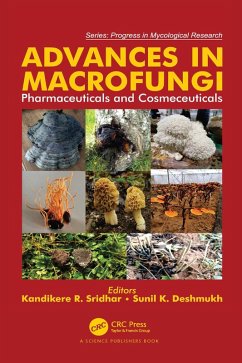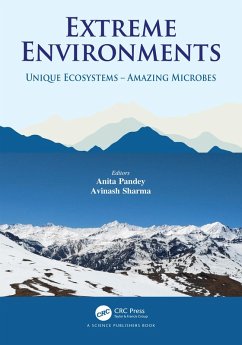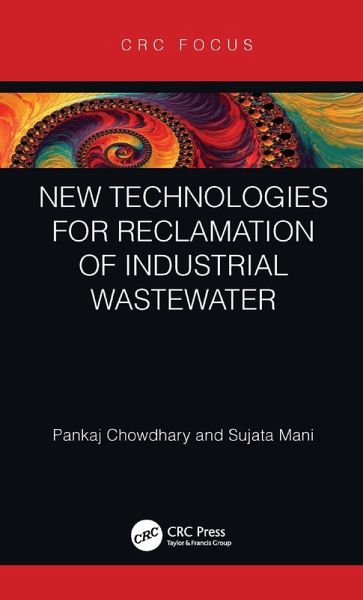
New Technologies for Reclamation of Industrial Wastewater (eBook, PDF)
Versandkostenfrei!
Sofort per Download lieferbar
21,95 €
inkl. MwSt.
Weitere Ausgaben:

PAYBACK Punkte
11 °P sammeln!
New Technologies for Reclamation of Industrial Wastewater provides information on several types of industrial wastewaters containing a variety of toxic and recalcitrant compounds. It also focuses on the ecotoxicological and health hazards posed by the chemicals released along with industrial effluents. It covers various conventional as well as modern wastewater-treatment technologies and their advantages and disadvantages.Features: Elucidates various types of industrial wastewaters generated, their fate and consequences Describes the ecotoxicological and health implications of industrial conta...
New Technologies for Reclamation of Industrial Wastewater provides information on several types of industrial wastewaters containing a variety of toxic and recalcitrant compounds. It also focuses on the ecotoxicological and health hazards posed by the chemicals released along with industrial effluents. It covers various conventional as well as modern wastewater-treatment technologies and their advantages and disadvantages.
Features:
Features:
- Elucidates various types of industrial wastewaters generated, their fate and consequences
- Describes the ecotoxicological and health implications of industrial contaminants
- Provides details on conventional treatment technologies along with modern and emerging wastewater-treatment methods
- Discusses the merits and demerits of both conventional and emerging treatment technologies
Dieser Download kann aus rechtlichen Gründen nur mit Rechnungsadresse in A, B, BG, CY, CZ, D, DK, EW, E, FIN, F, GR, HR, H, IRL, I, LT, L, LR, M, NL, PL, P, R, S, SLO, SK ausgeliefert werden.




